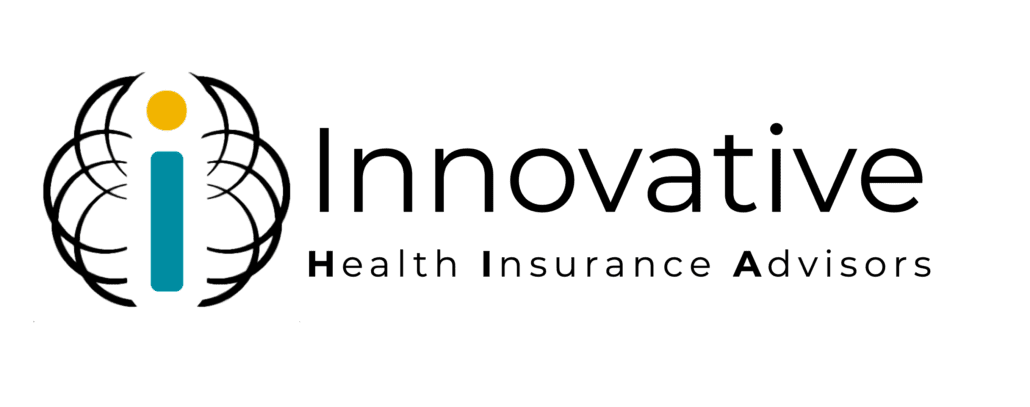Maintaining ACA Compliance in 2023: Your Questions Answered
Complying with the Affordable Care Act (ACA) can be a complex task for employers, especially with changing regulations and reporting requirements. It is crucial for organization leaders to stay informed about the latest developments and strategize to ensure ACA reporting and compliance. Even employers who have met ACA requirements without penalties or notices should pay attention to the evolving landscape. In this blog post, we will provide an overview of recent changes in ACA enforcement and explore the importance of developing a comprehensive plan for ACA reporting and compliance.
What is the ACA?
The Affordable Care Act, enacted in 2010, is a comprehensive healthcare reform law that introduced various regulations and requirements for employers. One significant aspect of the ACA is its mandate for businesses with more than 50 full-time employees to provide affordable healthcare options to their qualifying employees. Affordable coverage, as defined by the ACA, means that the cost of healthcare coverage must not exceed a certain percentage of an employee’s annual salary. Employers are obligated to report their healthcare coverage offerings to demonstrate compliance with ACA requirements.
What are the changes to the ACA?
The ACA has undergone several changes in terms of compliance and reporting requirements. Notably, there has been a heightened emphasis on enforcement due to increased funding for the Internal Revenue Service (IRS) through the 2022 Inflation Reduction Act. This additional funding, amounting to $80 billion, represents a significant budget increase of approximately 60% for the IRS. As a result, the IRS now possesses enhanced capabilities to enforce ACA requirements compared to previous years.
Furthermore, the IRS is also playing catch-up in enforcing ACA compliance due to circumstances like the COVID-19 pandemic. Recent treasury reports have revealed that the IRS issued only a fraction of the potential notices in previous years. Therefore, employers should not assume that they are fully compliant simply because they have not received any notices thus far. It is crucial for employers to conduct a thorough analysis of their systems, offerings, and data to ensure they understand which employees may qualify for subsidized coverage.
Additionally, the Treasury Department and the IRS have eliminated the provision of good-faith relief from penalties for companies that made efforts to comply with ACA requirements but experienced inaccuracies or omissions in their ACA reporting. As a result, employers will be held fully accountable for complying with ACA requirements.
Do I need a 1095-C to stay in ACA compliance?
Yes, if you are classified as an applicable large employer (ALE), you must file Forms 1094-C and 1095-C to meet ACA reporting requirements. These forms provide crucial information about the coverage options you offered to your employees and the cost of the lowest available premiums throughout the year. It is essential to file these forms accurately and on time to demonstrate compliance. The deadline for filing with the IRS is March 31, and you must furnish the forms to your full-time employees by January 31. It’s worth noting that the deadline for furnishing forms to employees has been extended permanently. However, regardless of the deadline extension, it remains critical to file Forms 1094-C and 1095-C on time to avoid penalties.
Late filings are subject to a tiered penalty structure.
The first tier, from April 1st through April 30th, incurs a penalty of $50 per form for any late or corrected forms filed during that timeframe. The second penalty tier runs from May 1st to August 1st, where the penalty increases to $110 per form for filings during that period. After August 2nd, late forms will be assessed a penalty fee of $280 per form. Therefore, there is a strong incentive to file the required forms early and accurately to mitigate the risk of penalties.
How do I stay in compliance with ACA requirements?
To effectively navigate ACA compliance and reduce the risk of penalties, it is crucial to develop a comprehensive ACA strategy that allows you to take control of your compliance efforts. One fundamental step is to ensure that you offer healthcare benefits to at least 95% of your full-time employees. This involves identifying which employees qualify for coverage and ensuring that they receive the appropriate benefit offerings promptly and accurately.
Additionally, it is advisable to proactively work with ACA experts who possess in-depth knowledge and understanding of the ACA regulations. These experts can provide guidance and support in navigating the complexities of ACA compliance, leveraging technology to gather insights from your data and identify any potential risks within your organization.
Another important aspect of staying in compliance with ACA requirements is documenting your benefits offers and relevant data throughout the year. By establishing robust documentation processes and keeping track of your decisions, you can piece together a comprehensive picture of your compliance efforts. This documentation can be invaluable if you face any IRS inquiries in the future, as it will help you provide a clear and accurate account of your compliance measures.
Furthermore, filing ACA reports on time is crucial for maintaining compliance. By adhering to the filing deadlines, you minimize the risk of penalties. It is important to note that late or incorrect filings are subject to penalties under a tiered structure. Therefore, it is in your best interest to file early and accurately to avoid unnecessary financial burdens.
Final Notes
Maintaining ACA compliance and meeting reporting requirements can be overwhelming, but it is essential for employers to navigate the complexities of the ACA. By developing a comprehensive ACA strategy, documenting practices, and seeking expert guidance, organizations can minimize risks, avoid penalties, and showcase best practices in employee benefits. Stay informed and proactive to ensure ACA compliance and reporting success.
Still Have Questions?
We serve employers who want to offer their employees affordable benefits. We simplify the complexity of providing those benefits and ensure compliance with the Affordable Care Act. We provide affordable benefits for the everyday person. We are different because of our personal service, speed of implementation, and innovative approach to providing benefits coverage.
Learn more about us and our services, here.



